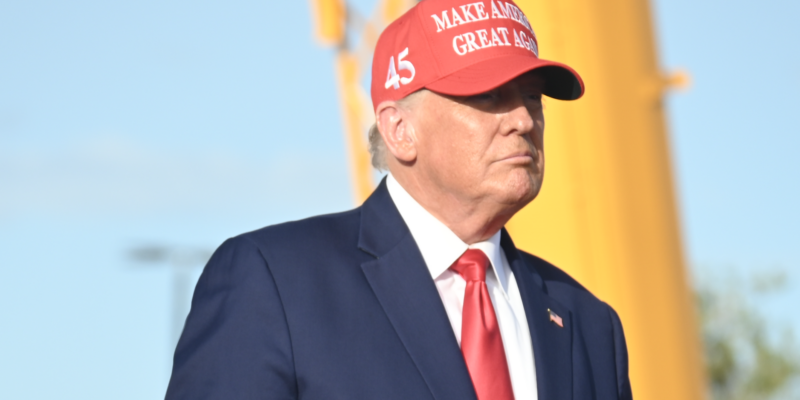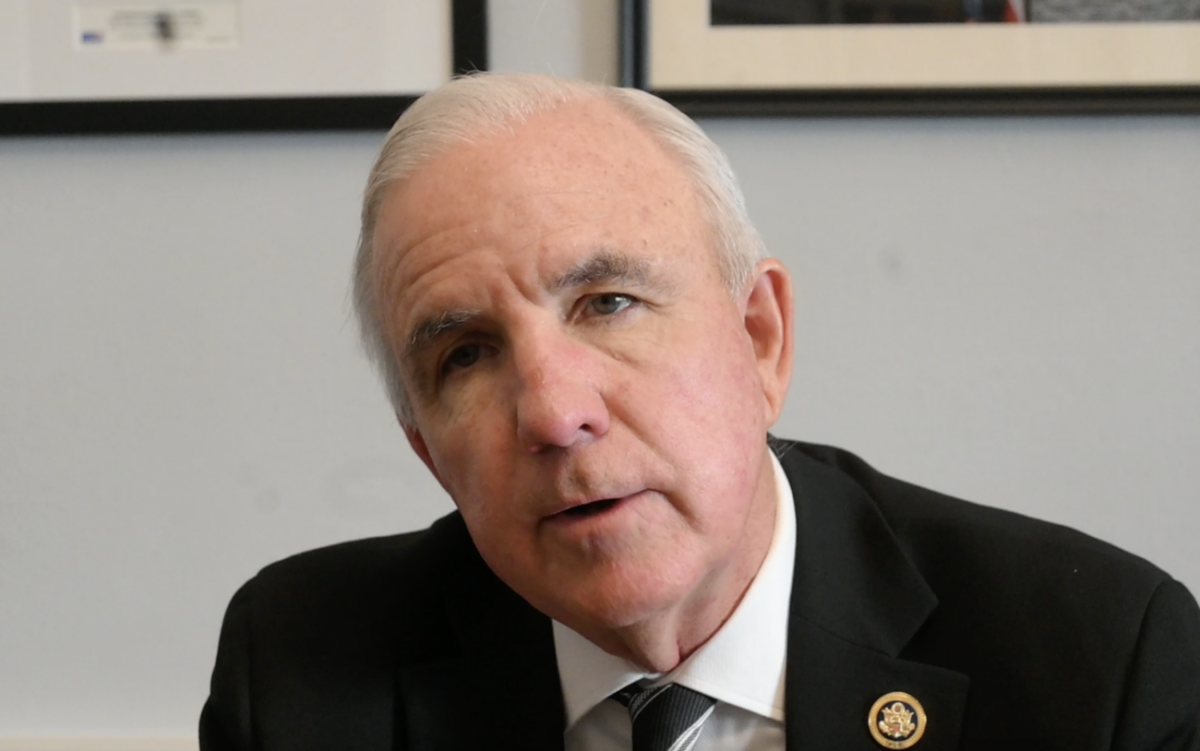President Donald Trump announced during a recent Oval Office meeting that he will make a “big” announcement regarding the Middle East before departing for the region next week.
President Trump made the remarks while meeting with newly sworn Canadian Prime Minister Mark Carney.
Trump claimed his announcement will be “really really positive” for the Middle East, which is engulfed in military conflict as Israel and Western nations battle against Iran and its terrorist proxies across the region.
“It'll be one of the most important announcements that has been made in many years about a certain subject," said Trump.
Trump is scheduled to visit several Middle Eastern countries next week, including Saudi Arabia, the United Arab Emirates (UAE), and Qatar.
A summit between the leaders of the Gulf Cooperation Council (GCC) countries is also reportedly expected to feature Trump’s participation.
Trump has previously boasted of his friendly relationships with leaders from the Middle East and his previous accomplishments - such as the Abraham Accords - in brokering historical regional peace agreements.
Consequently, much anticipation surrounds Trump’s upcoming trip to a war-torn Middle East.
Whether it be the US and allies executing daily strikes against Houthi terrorists in Yemen, Israel’s expanding military operations in the Gaza strip, or frequent strikes against Hezbollah, Syrian terror cells, and ISIS operatives, the Middle East has experienced incessant violence.
Trump campaigned on bringing peace to the Middle East, which some Middle Eastern leaders have claimed he can achieve.
For example, King Abdullah II bin Al-Hussein recently stated he was confident that Trump could bring “peace and prosperity” to the Middle East.
"I truly believe, with all the challenges that we have in the Middle East, that I finally see somebody that can take us across the finish line to bring stability, peace, and prosperity to all of us in the region," said Abdullah.
Thus far, the Trump administration’s Middle East strategy has focused on “peace through strength,” i.e., deterring hostile activity by leveraging American military dominance against enemies while negotiating with willing parties.













